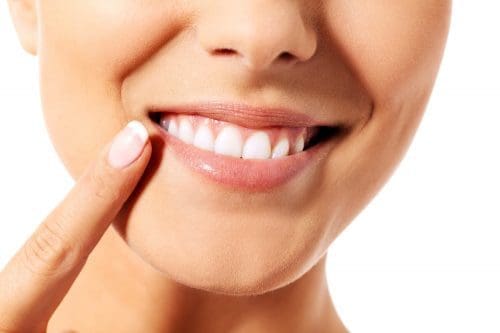Teeth grinding, also called bruxism, is often viewed as a harmless, though annoying, habit. Some people develop bruxism from an inability to deal with stress or anxiety. However, teeth grinding can literally transform your bite relationship and worse, severely damage your teeth and jaws over long periods of time.
What is bruxism?
Bruxism is a common dental condition characterized by the involuntary grinding, clenching, or gnashing of teeth. Bruxism often occurs unconsciously during sleep, but some people experience it throughout the day. This repetitive motion can lead to dental problems such as enamel wear, tooth sensitivity, jaw pain, headaches, and even damage to dental restorations.
Teeth grinding can cause abrasion to the chewing surfaces of your teeth. This abnormal wear and tear will prematurely age and loosen your teeth, and open them to problems such as hypersensitivity (from the small cracks that form, exposing your dentin). Bruxism can also lead to chronic jaw and facial pain, as well as headaches.
How do I know if I grind my teeth?
If no one has told you that you grind your teeth, here are a few clues that you may suffer from bruxism:
- Your jaw is often sore, or you hear popping sounds when you open and close your mouth.
- Your teeth look abnormally short or worn down.
- You notice small dents in your tongue.
What causes teeth grinding?
Stress, anxiety, misaligned teeth, and certain medical conditions can contribute to the development of bruxism and cause teeth grinding. Because these conditions can often be treated through lifestyle changes or dental care, the early detection of bruxism is important to prevent potential oral health complications.
How to Stop Teeth Grinding
Thankfully, bruxism is often treatable. A common therapy involves the use of a special appliance worn while sleeping. Less intrusive, though just as effective methods could involve biofeedback and behavior modification, such as tongue exercises and learning how to properly align your tongue, teeth and lips. Lifestyle changes that reduce stress can also help stop teeth grinding.
If you have more questions, Dr. Winegar and the team at City Creek Dental in Temple, TX would be happy to talk with you! Schedule an appointment or contact us to learn more about treating bruxism and improving your overall dental health.





